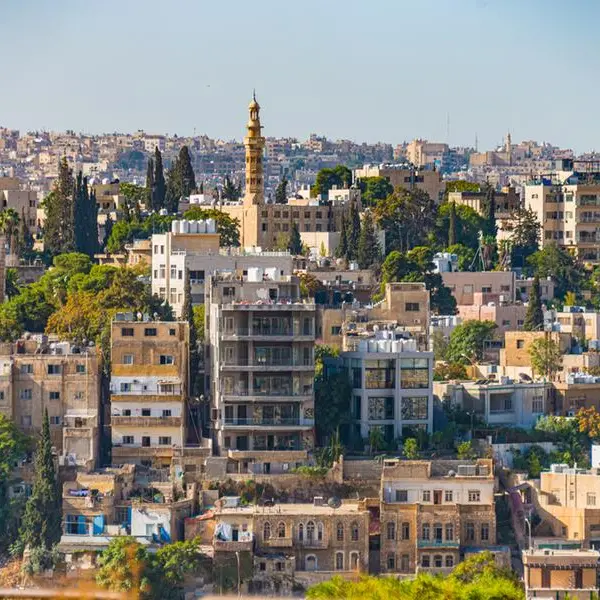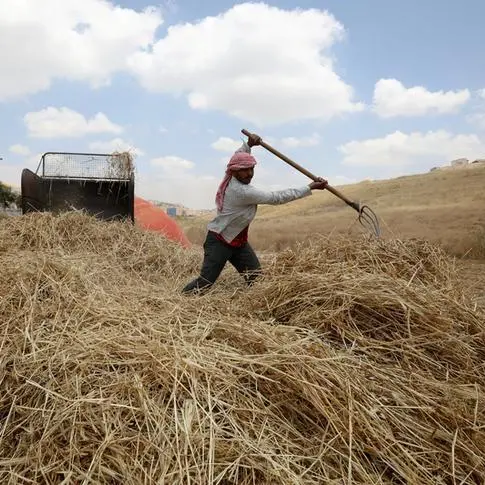PHOTO
AMMAN — Endangered Archaeology in the Middle East and North Africa (EAMENA) Project of the University of Oxford and Petra National Trust (PNT) jointly organised a workshop, called the "Integrating Cultural Heritage into Climate Policies" in Amman this week.
The workshop concluded on Thursday and aimed to develop are commended national policy and a regional framework to protect cultural heritage sites from climate-related risks. Participants addressed the growing threats to heritage sites from rising temperatures, erratic rainfall patterns and other climate challenges, compounded by tourism pressures and urban development.
Highlighting the regional significance, the workshop drew attention to globally renowned World Heritage Sites such as Petra, As-Salt, the Baptism Site, and Jericho –Tell Sultan, with case studies from the Iraqi marshes and Egypt. These sites, symbolic of shared heritage, face mounting climate risks, underscoring the need for collaborative action.
Experts and shareholders from Jordan, region and the world exchanged ideas how to better protect monuments from climate change.
One of the workshop’s primary achievements was the launch of a draft "White Paper," outlining policy recommendations. These recommendations align with UNESCO’s Climate Action for World Heritage and are tailored to Jordanian national policies. The document, which emphasises the integration of heritage into climate policy, will be disseminated through the networks of EAMENA and PNT.
“Cultural heritage connects us to our past, shapes our present, and guides our future. This initiative is a critical step toward safeguarding that heritage against the existential threats posed by climate change. Our efforts today will leave a legacy of resilience and sustainability for future generations,” said Her Highness Princess Dana Firas.
“Protecting our shared cultural heritage requires innovation, policy commitment, and community participation. By combining regional expertise with global frameworks, this workshop sets a powerful precedent for action,” Director of EAMENA, Bill Finlayson, said.
The workshop underscored the value of community-driven solutions and traditional land management systems in addressing climate adaptation. Local stakeholders, such as As-Salt Municipality, emphasised the importance of localised strategies to ensure that cultural heritage preservation aligns with community needs and aspirations.
The event concluded with a call for strengthened regional and global networks to protect cultural heritage from climate-related risks. By integrating policy, innovation, and community participation, the workshop lays a foundation for a climate-resilient future that honours and preserves the cultural identity of the Middle East and North Africa.
© Copyright The Jordan Times. All rights reserved. Provided by SyndiGate Media Inc. (Syndigate.info).




















